The ranks opened suddenly, and a figure stepped into view.
He was taller than many of his enemies described him. Taller and leaner, the angles of his face clearly defined. His eyes were colder than depicted in the paintings and the propaganda, and they sparkled with a strange ferocity as he surveyed the lines of armed men before him.
The 5th Infantry Regiment had levelled their weapons, the barrels of their guns held steady as the small army advanced towards them.
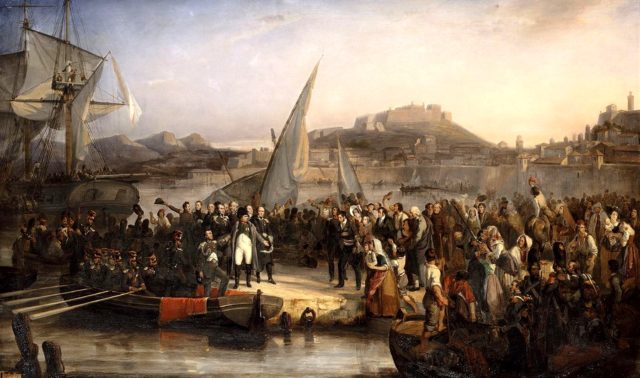
Napoleon Bonaparte had returned.
‘The old Emperor had moved quickly, but word of his approach moved quicker still. It was said that he and his men were yet to fire a single shot in their defence – his words alone were enough to win the people to his cause.
He promised free elections, political reform, a new era of peace and empowerment for the citizens of France. It was a stirring message, uplifting and powerful – wherever he went, his forces swelled.
By the time he reached Grenoble, however, the royalist authorities were well aware of his progress. Holding a line across the road, their rifles aimed squarely at Napoleon’s oncoming troops, the 5th Infantry Regiment were ready and waiting.
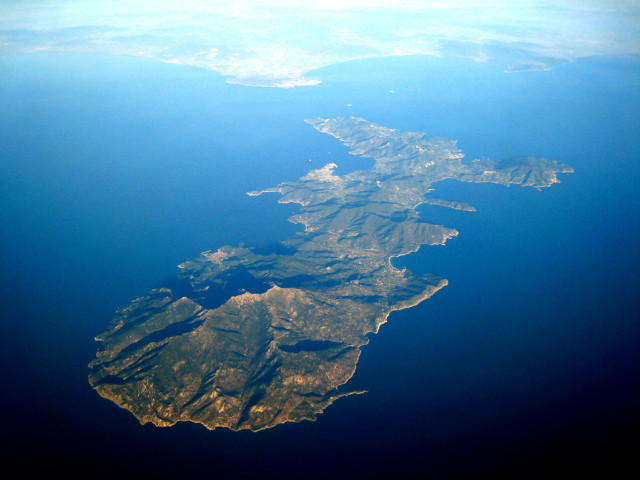
Less than ten months ago, France’s greatest general had been sent into exile.
The Coalition had marched on Paris, and after an increasing number of severe defeats and setbacks, the capital was taken. Following the Battle of Montmartre, Napoleon surrendered to his enemies and abdicated his throne.
He was promptly exiled to the island of Elba, there to live out the rest of his days in seclusion while the powers of Europe rebuilt their nations. Of course, it was not to be.
From his new home, Napoleon had watched as tensions escalated across the continent. The Congress of Vienna, where heads of state from throughout Europe gathered to redefine the borders, was always going to be a difficult situation. However, against a backdrop of increasing civil unrest in France, fuelled by the actions of the new royalist regime, it looked as if peace might be short-lived.
Returning to their country for the first time in years, the old French nobility mistreated everyone from the veterans of Napoleon’s wars to the lower classes in general. On top of this, the people of France had to watch their once great empire being rapidly portioned off and reduced by the Coalition.
All this was fuel for the fire Napoleon was now about to light.
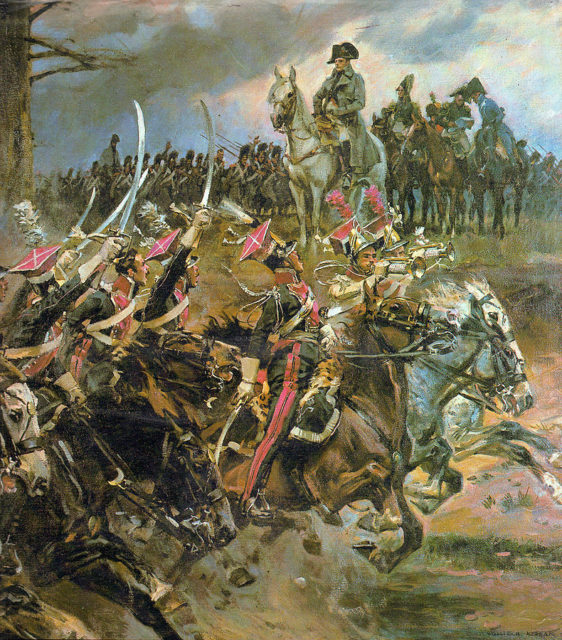
So it was that, on the 26th of February 1815, the exiled Emperor left the island where his enemies had hoped he would end his days. In fact, some members of the French nobility were even pushing to have him assassinated, or at least moved further away, as they astutely feared he might take advantage of the growing unrest.
Of course, even as such plans were formulated, they were already too late.
During a brief window of opportunity, with both British and Spanish ships temporarily absent, Napoleon and 1000 loyal men left Elba and sailed away undetected. By the time word reached Paris of the exiled Emperor’s escape, he was back on French soil.
With tensions between the royalist nobility and the oppressed lower classes nearing breaking point, there could have been no better time for the old Emperor’s return.
The people of France welcomed back their leader with open arms; men flocked to his cause. His army had grown rapidly and, until Grenoble, no one had stood in his way.
Now, however, royalist troops barred the way. The 5th Infantry Regiment had taken their positions as the enemy approached, and as the vanguard of Napoleon’s forces came to a halt, a tense silence fell.
As the sun set, lighting up the western horizon, Napoleon strode out into the open.
He was unarmed, yet he showed no fear as he surveyed the line of gleaming rifles before him. For a moment he stood quite still, his face inscrutable. Then, without taking his eyes away from the royalist regiment, he seized the front of his coat and ripped it open.
“If there is any man among you who would kill his emperor,” Napoleon declared, “Here I stand!”
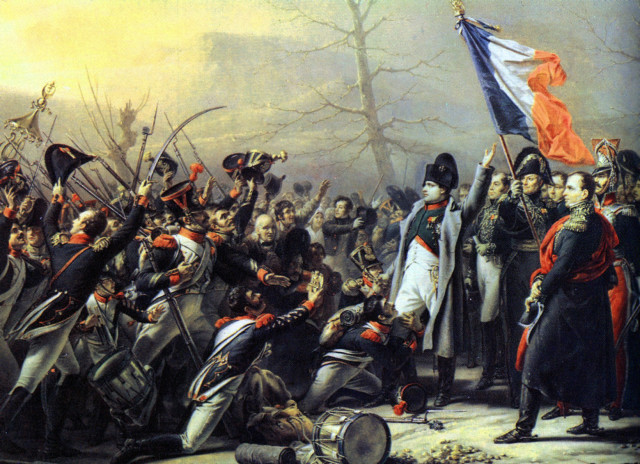
Some accounts differ as to exactly what happened next, but most agree on the fundamentals of the event itself. After a moment of silence, voices within the ranks of the 5th Regiment began shouting;
“Long live the Emperor!”
As the cry spread, it was taken up by more and more of the royalist soldiers. Before long they had lowered their weapons and, en masse, the entire regiment joined Napoleon’s army.
The following day, the 7th Infantry Regiment joined the cause, followed by an ever increasing number of soldiers. Marshal Ney, a high-ranking royalist commander, promised the King that he would bring Napoleon to Paris bound inside an iron cage. With 6000 men at this back, Ney then proceeded to march against the Imperialist army – only to swear his allegiance to Napoleon upon their meeting.
By the time the army reached Paris, they were able to enter the capital city unopposed. The royalists had fled before the Emperor’s advance and, once again, Napoleon Bonaparte had reclaimed his throne.
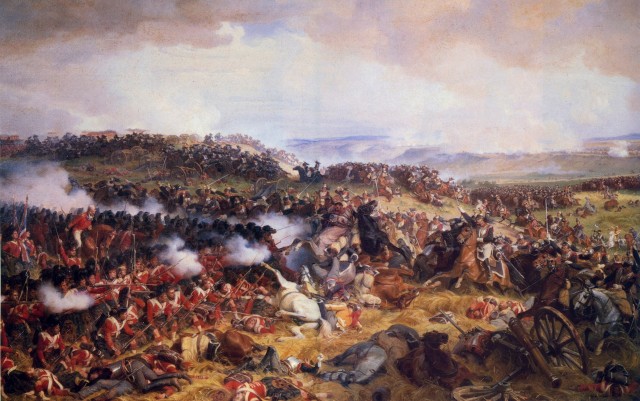
In the end, of course, his reign would only last for a brief period. Remembered in history as Napoleon’s 100 Days, his fleeting return to power would end in the aftermath of the Battle of Waterloo. That crushing defeat for Napoleon and his troops saw the end of the war and the final abdication of the Emperor himself.
However, regardless of that outcome, Napoleon Bonaparte’s escape from exile remains a fascinating moment in his remarkable life. The subsequent march through France, gathering support and rallying troops with nothing but his words and charisma, defines perfectly one of Europe’s greatest military leaders.
